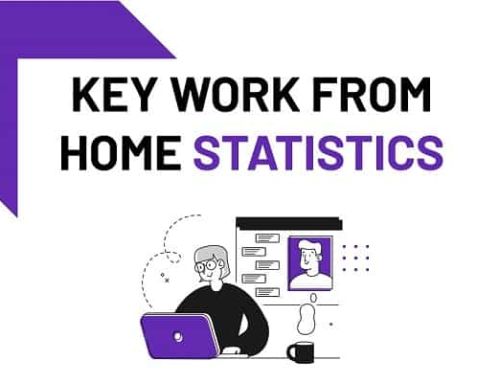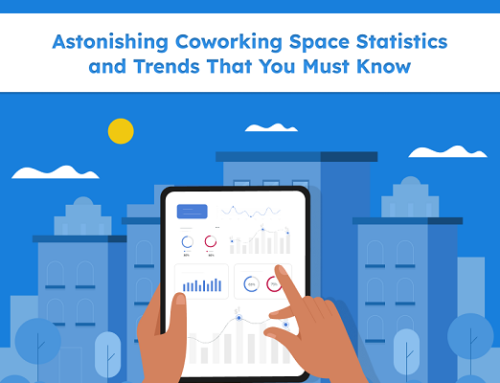If you want your workforce to be happy and fulfilled, or to be more productive (which likely requires them to be happy and fulfilled), you need to know what these terms mean and to understand how emotions function in your place of work.
Put simply, there is no substitute for developing your emotional intelligence – and helping those around you to develop theirs, too.
Emotional intelligence is made up of three factors: your ability to perceive, manage, and use emotions. This refers to your own emotions and to those of other people. And if you find that you are often out of control of your emotions, you hide from your problems, you accidentally upset your staff, or morale in general is low, these factors probably need some work.
Perceiving emotions is the start. We aren’t exactly encouraged to be in touch with our emotions in the world of work – it’s not a priority because it cannot be monetized. But figuring out that you’re stressed or angry, why this is so, and what you can do about, is good for your well-being and good for business. So next time you get home from work, find fifteen minutes to sit by yourself and run through the day gone by, and try to figure out what you felt when, and why. If faced a colleague who seems to have a problem, don’t just deal with the problem – deal with the person. Listen, make eye contact, and put yourself in their shoes.
Managing emotions means keeping them under control once you’ve sensed them. For your own emotions, it may be as simple as splashing water on your face when you’re feeling angry. For others, think about recommending a time-out, or a walk-and-talk instead of a showdown in a stuffy office.
And utilizing emotions is the top level. Try to develop imaginative ways to redirect emotional energy towards productivity and fulfillment. Find the root of the issue, and concentrate on taking positive steps to find an empathetic solution.
This new infographic from NetCredit provides a simple flowchart to help you assess your own emotional intelligence levels as they stand. Take the test, and then try following the instructions to tune up your emotional intelligence skills. It will be of great benefit to you and all with whom you work.






Leave A Comment